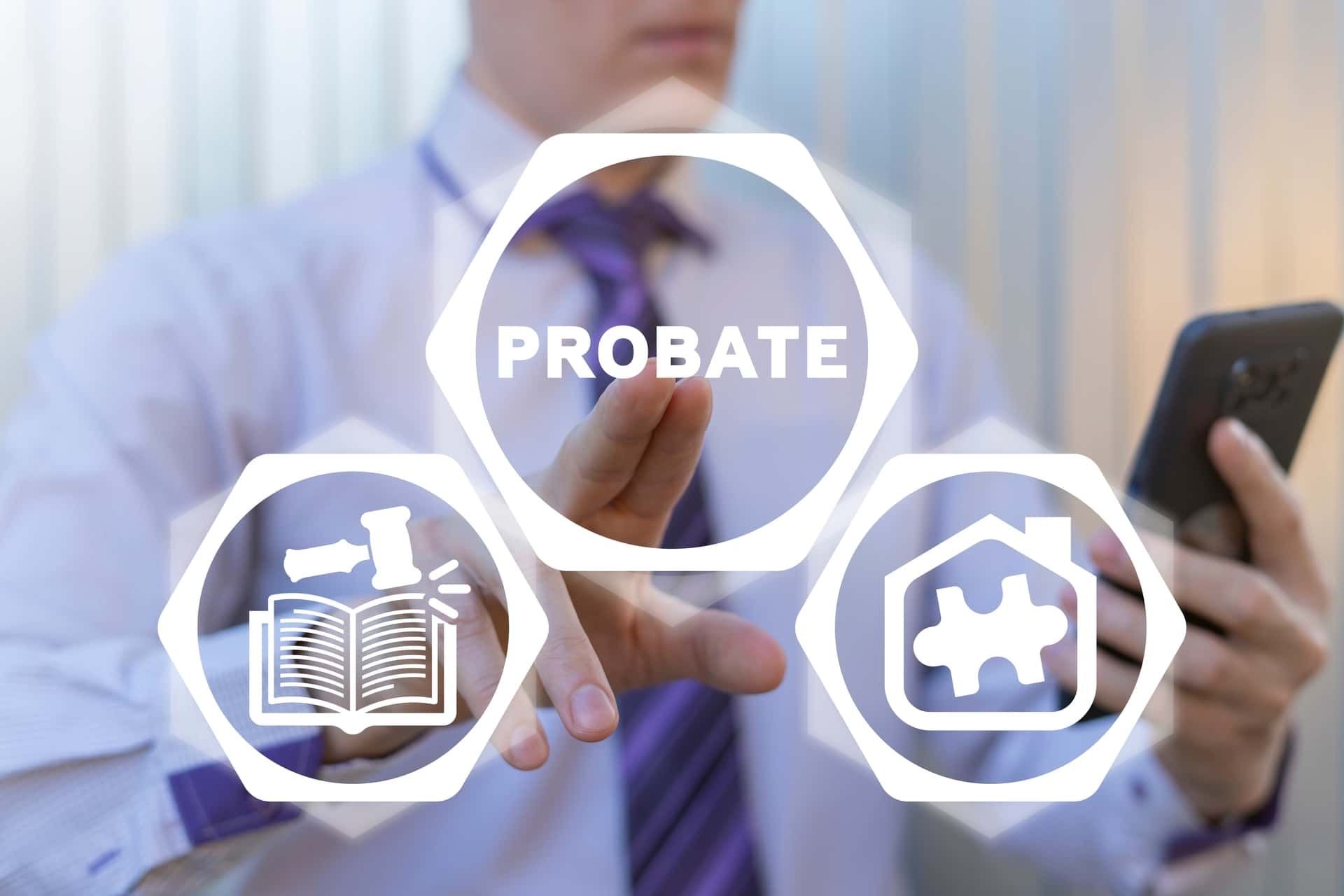Everything You Need To Know About Florida Gift Tax
If you’re bracing yourself to sign over property or a significant sum of money to someone (spouse, relative, friend, etc.), it’s the right time to think about the gift tax Florida.
In this post, we’ll explain everything there is to know about different gift taxes that are in effect in Florida and how to avoid triggering them.
Is There A Florida Gift Tax 2023?
You’re in luck because the Florida gift tax doesn’t exist! Back in 2004, the tax was repealed on the state level, so if you’re wondering how much is gift tax in Florida, you don’t need to worry.
However, this doesn’t mean you can completely relax and transfer around excessive amounts of assets, financial or otherwise. You can still trigger a gift tax on the federal level. This depends on the value of the gifts you provide.
If you go about it the right way, you may never have to deal with this tax either, because you won’t owe anything unless you breach a lifetime gift tax exemption.
Now that the Florida gift tax is officially out of the way, let’s shift our attention to federal taxes.
What Is Considered A Gift?
According to the IRS, a gift is a transfer of money, property, or assets that doesn’t involve receiving something of equal value in return. The value of the gift is based on the fair market value of the particular transfer. When it comes to gifts of money, things are pretty much straightforward, but for other assets, the value depends on the price someone would be willing to pay for if they had no obligation to do so.
Annual And Lifetime Tax Exclusions
Each US resident has an annual gift tax exclusion, which is the amount you can transfer without triggering a tax. At the moment, the gift tax exclusion is $17k per year per person. As long as you’re under this limit, you don’t need to pay any taxes on your gifts.
If you do manage to go over the limit for a particular person, you still don’t have to pay anything out of pocket. What happens is you’ll have to report the gift using the
IRS Form 709.
With it, the IRS keeps track of your lifetime gift tax exemption which is currently at over $12 million ($12.9 million, to be precise). In other words, if you keep going over your annual limit, you start eating away at your total lifetime gift tax exemption.
Keep in mind that once you start going over the lifetime limit, the IRS is legally required to levy a gift tax on all transfers that exceed the $12 million bracket. Depending on this amount, the gift tax rate could be as high as 40%.
What About The Estate Tax?
The IRS also considers passing on your estate to your heirs as gifts. So in a sense, if you greatly reduce your lifetime exception, a higher percentage of your estate will be taxable when you pass away and leave your estate to your heirs.
For example, an individual who never spent a dime of their lifetime exemption can transfer over $12 million of their estate tax-free. On the other hand, for someone who did go over the exemption limit, the government will tax their estate before it’s transferred to the heirs.
Fortunately, this is the only thing you have to be mindful of because just like the Florida gift tax, a dedicated estate tax doesn’t exist in Florida. This means it’s possible for your heirs to not pay any tax on their inheritance if you take steps to effectively reduce your estate while you’re alive.
How To Reduce The Size Of Your Estate
Even if your estate exceeds the value of $12 million, you still have plenty of options to legally protect these assets by reducing the size of your estate.
For starters, give away your assets as gifts while you’re still alive to as many people as you want, provided you stay under the annual tax exclusion limit.
Alternatively, you can use trust funds. When you set up a trust fund, you need to designate your beneficiaries. Under federal law, the assets transferred into the fund no longer belong to you. Hence, this effectively reduces the estate while also ensuring the assets in the trust are passed on to the rightful heirs when the time comes.
You can build trusts with almost all types of assets, including cash, real estate, and other properties, as well as any savings accounts, funds, bonds, or stocks.
What Transactions Don’t Count Toward The Federal Gift Tax?
Certain types of transactions (or moves) don’t count towards your lifetime exception. To put it differently, providing gifts to specific entities or individuals won’t be taxable, regardless of the value of the transaction. Here are some examples:
- Spouses: as long as both spouses are American citizens, any gifts or transfers between them won’t be taxable.
- Charities: the amount you donate to registered nonprofits is almost unlimited and you’ll never have to pay any gift tax. In fact, you can use this approach to receive valuable charity tax deductions which will help you save quite a bit of money.
- Educational expenses: you can cover the tuition of others without paying taxes by sending the money directly to the educational institution.
- Medical expenses: by sending money directly to a medical institution, you can cover someone else’s medical expenses without incurring any taxes. Do note that not all medical expenses are eligible, so it’s best you seek advice from a tax professional or a tax attorney.
Get In Touch With The Law Offices Of Mary E. King To Set Up A Trust
Although gift tax Florida is not something you have to concern yourself with, you still have to pay attention to the federal gift tax. Since going over the lifetime limit of the gift and estate tax exemption will have a negative impact on the amount of taxes on your estate after you pass away, it’s recommended that you already start planning for the future.
By getting in touch with the
Law Offices of Mary E. King, you can start working toward reducing the overall tax burden of your heirs by setting up a trust fund. We are also deeply familiar with the tax code and can help you sort everything out as soon as possible by finding different ways to reduce your estate and minimize your annual gift tax limits.
Call 941-906-7585 or fill out our online
contact form to schedule a free consultation.
Note:
The information in this blog post is for reference only and not legal advice. As such, you should not make legal decisions based on the information in this blog post. Moreover, there is no lawyer-client relationship resulting from this blog post, nor should any such relationship be implied. If you need legal counsel, please consult a lawyer licensed to practice in your jurisdiction.
Disclaimer: The information on this website and blog is for general informational purposes only and is not professional advice. We make no guarantees of accuracy or completeness. We disclaim all liability for errors, omissions, or reliance on this content. Always consult a qualified professional for specific guidance.
RECENT POSTS
CONTACT US






